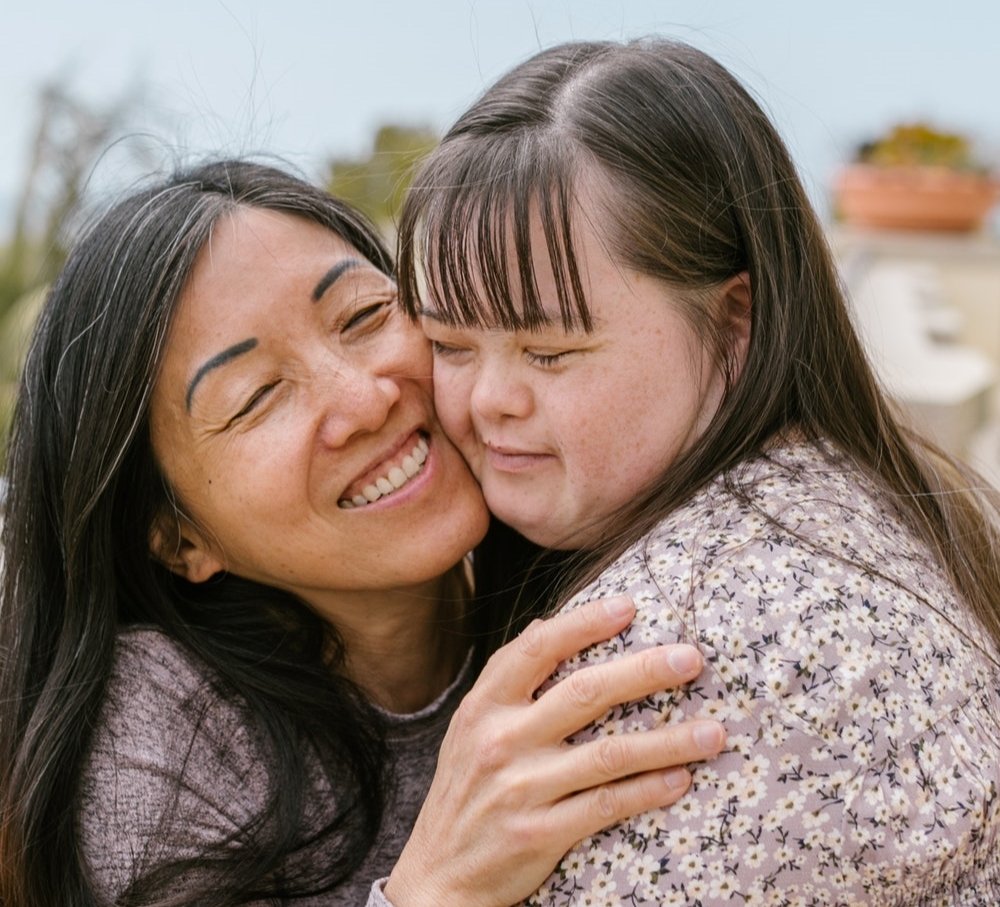Signs of Intellectual Disabilities in Adults
According to the CDC, about 6.5 million adults living in the United States have an intellectual disability. An intellectual disability affects someone’s intellectual functioning and adaptive behavior, sometimes requiring some form of supportive care. Some examples of this type of disability include difficulties using social judgment, slow learning development, and speech difficulties.
Many intellectual disabilities become apparent during childhood. Because intellectual disabilities manifest during these developmental years, you may begin to notice signs of them in these early stages.
Although in past years it was common for adults with intellectual disabilities to depend on supportive care programs and specialists, many services help disabled individuals live independently. ECCM’s Intellectual Disabilities Supports Coordination service is a great example of this type of program.
Causes of intellectual disability in adults
Sometimes the main cause of an intellectual disability can remain unknown. However, there are some causes of intellectual disabilities that we are aware of. Genetics are the main known cause of intellectual disabilities in many adults.
Other circumstances that lead to intellectual disabilities are:
- Stroke
- Head/brain injury
- Illnesses that negatively affect the brain
- Exposure to chemicals or toxins that harm the brain
- Labor difficulties or birth trauma
- Infections (such as meningitis)
- Malnutrition
These are the most common causes of intellectual disabilities. As stated previously, intellectual disabilities become apparent very early on. It’s not uncommon for signs of intellectual disabilities in adults to have appeared much earlier, during childhood. Standard intelligence tests and visits with your doctor will help determine whether you or a loved one have an intellectual disability.
Types of intellectual disabilities
There are a variety of intellectual disabilities and some are more common than others. Intellectual disabilities in adults can have several physical traits along with cognitive markers. There are a variety of circumstances that can cause someone to develop an intellectual disability and it’s important to understand that intellectual disabilities can look different from person to person.
Down syndrome
Down syndrome develops in individuals who have an additional chromosome. Babies may be born with Down syndrome if an additional chromosome is developed during pregnancy, which happens during cell division. Down syndrome can be distinguished by an individual’s physical characteristics, which are developed during the infant development stages within the womb. Examples of this are almond shaped eyes and short necks.
Autism
Autism can impair an individual’s ability to communicate and socialize with others. It’s important to keep in mind that there are many characteristics of autism that range from person to person. One of the most common signs of autism during the early years is limited verbal communication. Other signs can include repetitive behaviors, limited eye contact, intense reactions to changes in one’s environment, among others. ECCM offers Autism Supports Coordination services for individuals in Erie, PA that are disagnosed with Autism Spectrum Disorder.
Fragile X syndrome
Fragile X syndrome is a genetic condition that occurs when there are changes made to the FMR1 gene during early development. Signs of Fragile X syndrome from a cognitive and intellectual standpoint include difficulty learning new skills and the development of autism.
Fetal alcohol syndrome
Fetal alcohol syndrome develops when a child has been exposed to alcohol while in the womb. This can cause an array of developmental disabilities. Intellectual challenges that someone with fetal alcohol syndrome may face are hyperactivity and difficulty with attention, speech delays, and poor judgment skills.
Traumatic brain injury (TBI)
Traumatic brain injury occurs in circumstances where a damaging impact is made to the head, affecting the brain’s faculties and capabilities. This is an intellectual disability that can occur during adulthood with no prior onset in early development years.
Adult intellectual disabilities signs and symptoms
Intellectual disabilities can occur due to any one of the disabilities listed above. While these are common intellectual disabilities, they aren’t the only cases for intellectual disabilities in adults. Many have an unknown cure. However, many individuals can live full and rich lives.
Different reasons can cause someone to develop an intellectual disability, and because of that, it can be hard to determine the reason for any one disability. Here are the signs you should look for if you suspect you or a loved one may have an intellectual disability:
- Slow learning development
- Failure to meet milestones in the development
- Difficulty reading or speaking
- Failing to understand social cues
- Issues remembering or recalling things
- Inability to perform routine tasks, such as dressing oneself or using a remote
- Relying on nonverbal communication
- Difficulty regulating or expressing emotions
- Unable to problem solve or think logically
- Disordered logic
- Lack of curiosity
- Inability to understand consequences
- Behavior inconsistent with their age
Professional care and intellectual disability support coordination from ECCM
Life as an adult with an intellectual disability can be rich and meaningful. At ECCM, we help adults and families have an improved quality of life. ECCM strives to offer pathways to meaningful lives for adults with intellectual disabilities by helping them regain autonomy. Our support coordinators work with individuals and their families to identify life goals and achieve desired outcomes.
ECCM offers many care management services that can cater to your specific needs. These include Autism Supports Coordination, Intellectual Disabilities Supports Coordination, and Shelter Plus Care. Call us today to talk to a support coordinator about the services that are most beneficial to you and your loved ones.

